Weaving Cultural Identities | Vancouver Biennale
It's no secret we are BIG fashion nerds here at DaisyCode, for me that fascination extends to the production of fabric, its history and evolution around the world. Weaving and textile arts are the universal media that often transcends time, space, and language - many textile designs have a unique ability to connect communities through the choice of materials, patterns, and landmarks.
Threads Through Time (2019) is no exception. A special Vancouver Biennale project, Threads Through Time is a massive prayer rug that simultaneously stretches back in history for Indigenous and Islamic traditional techniques and into the future to answer questions like how do we share sacred space in our global society?


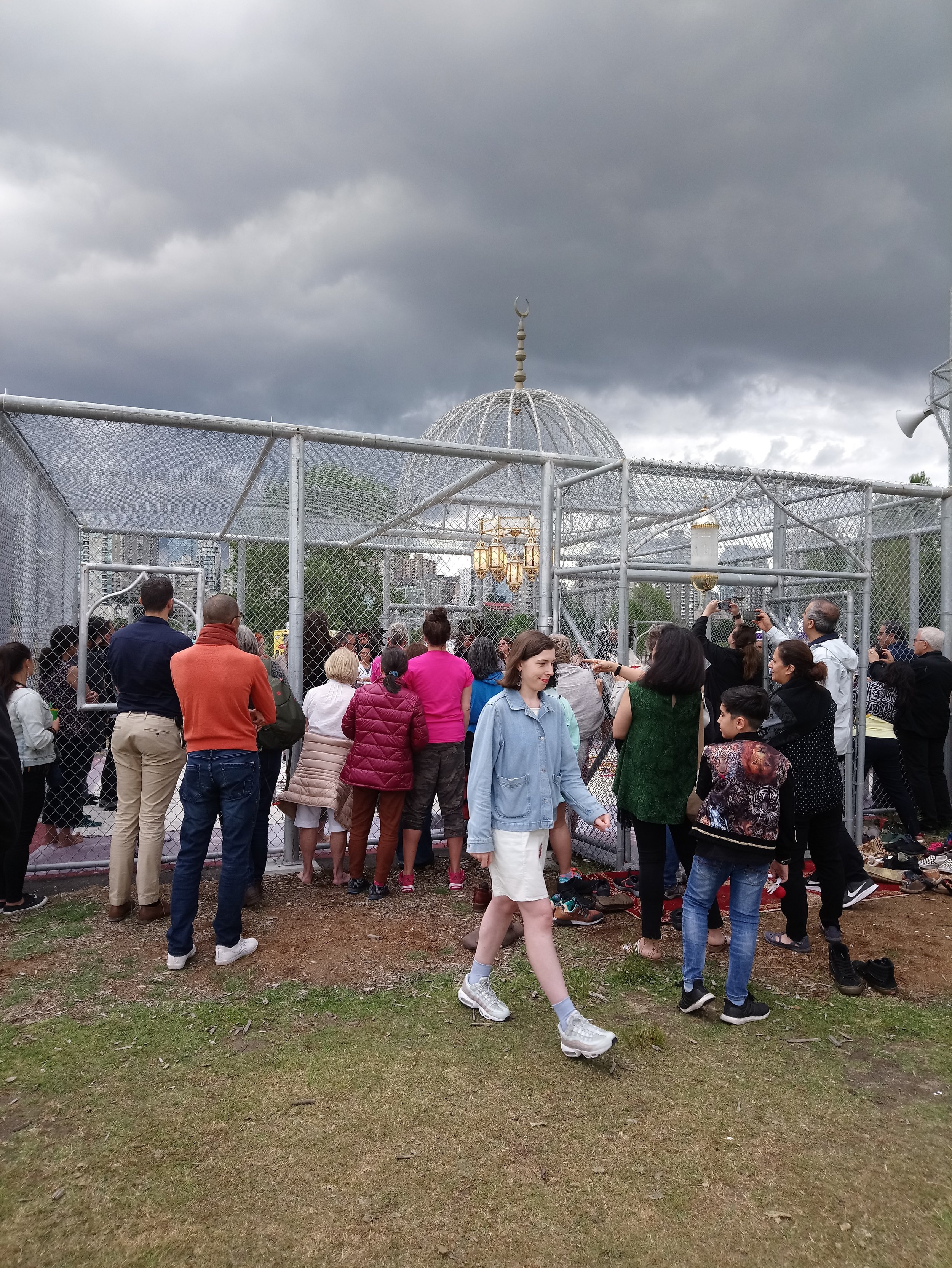
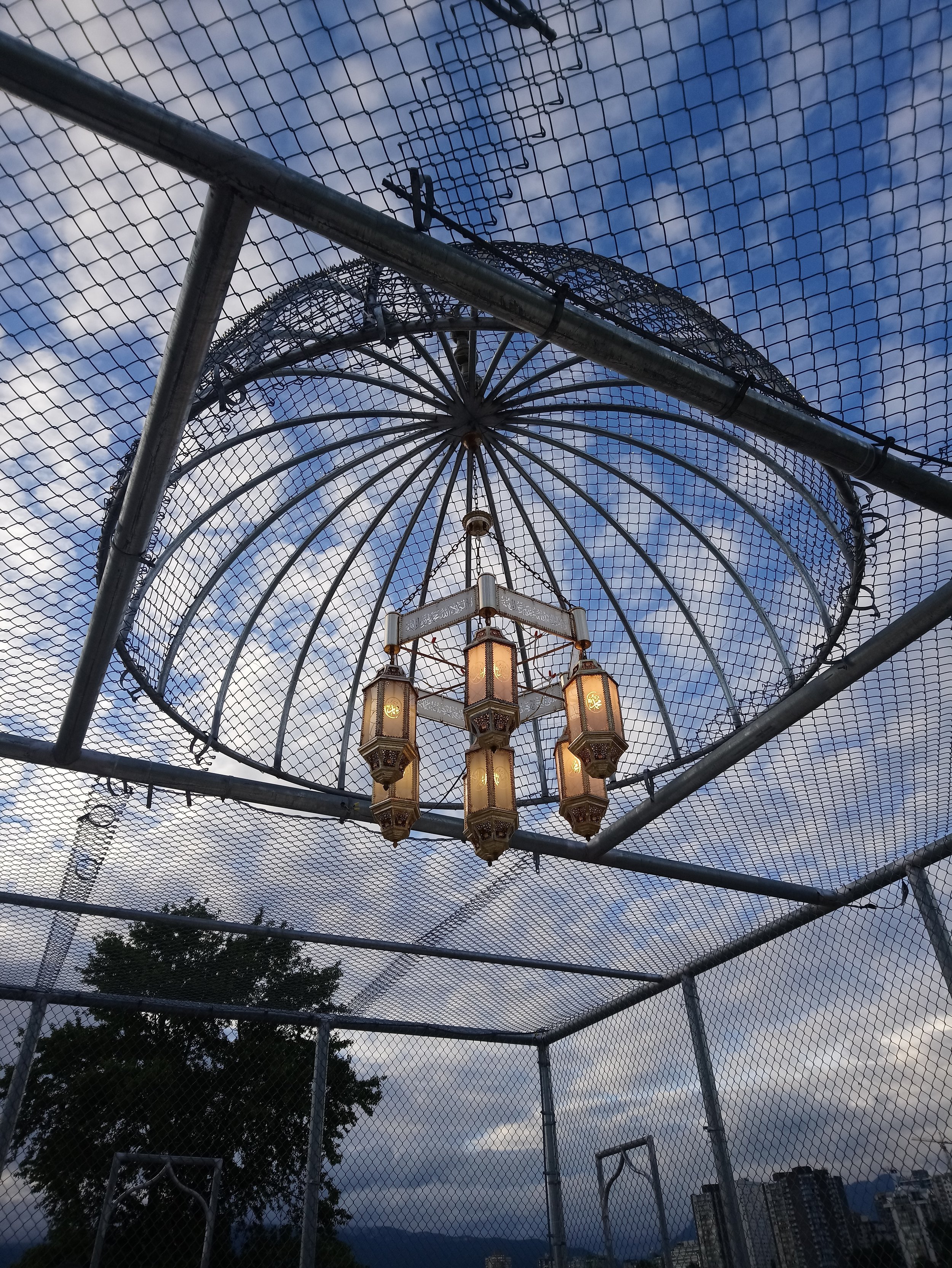
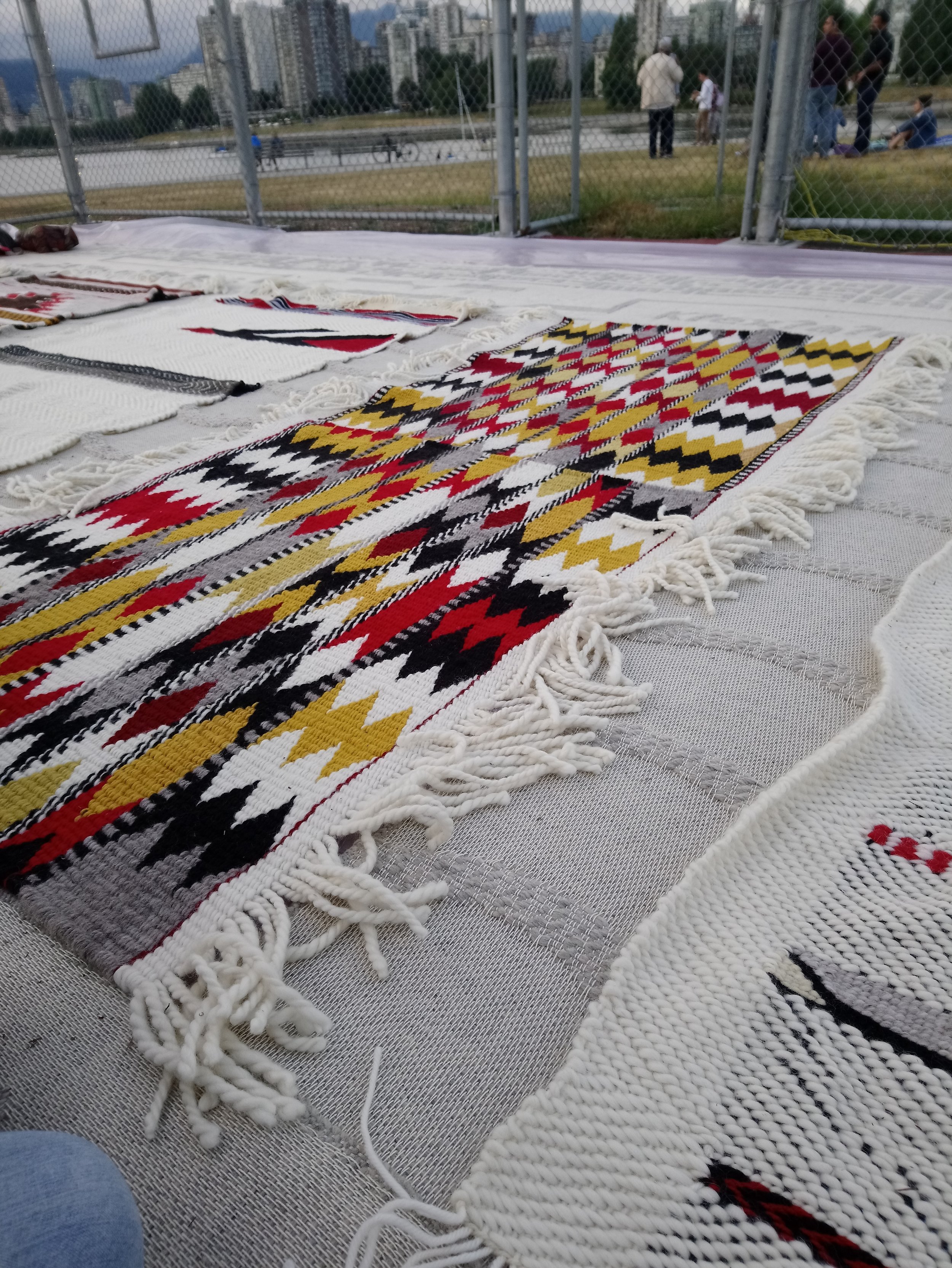
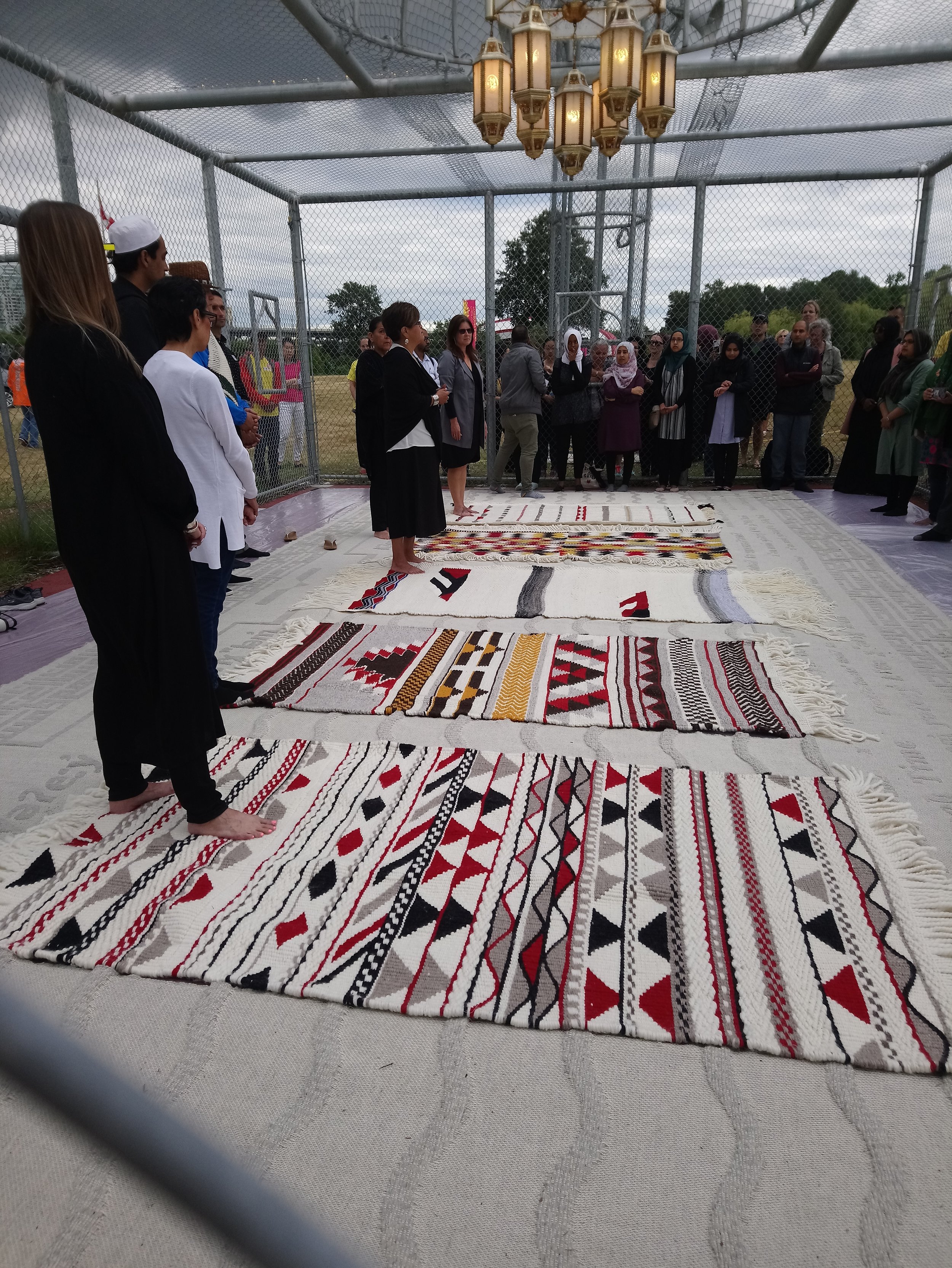

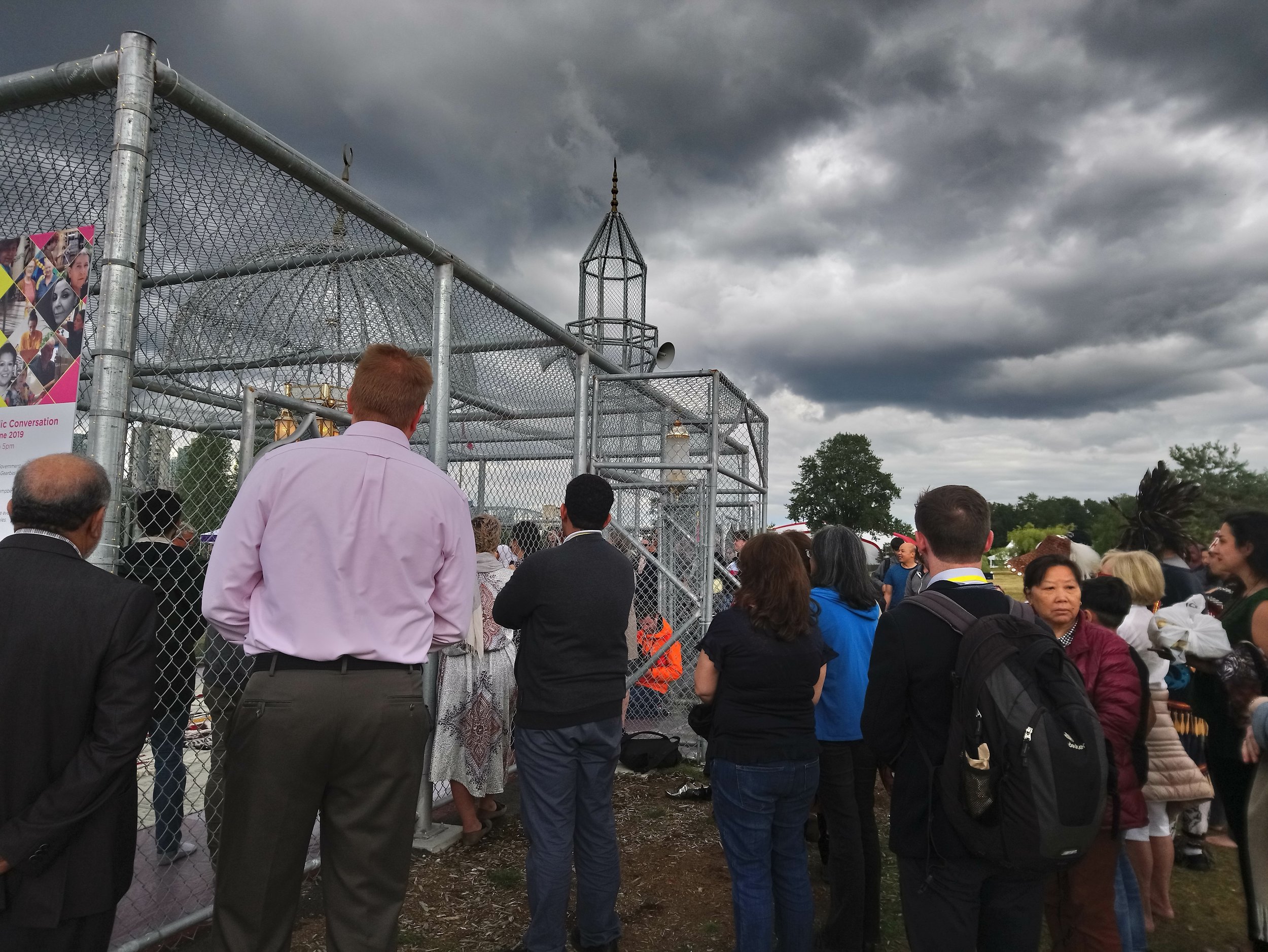


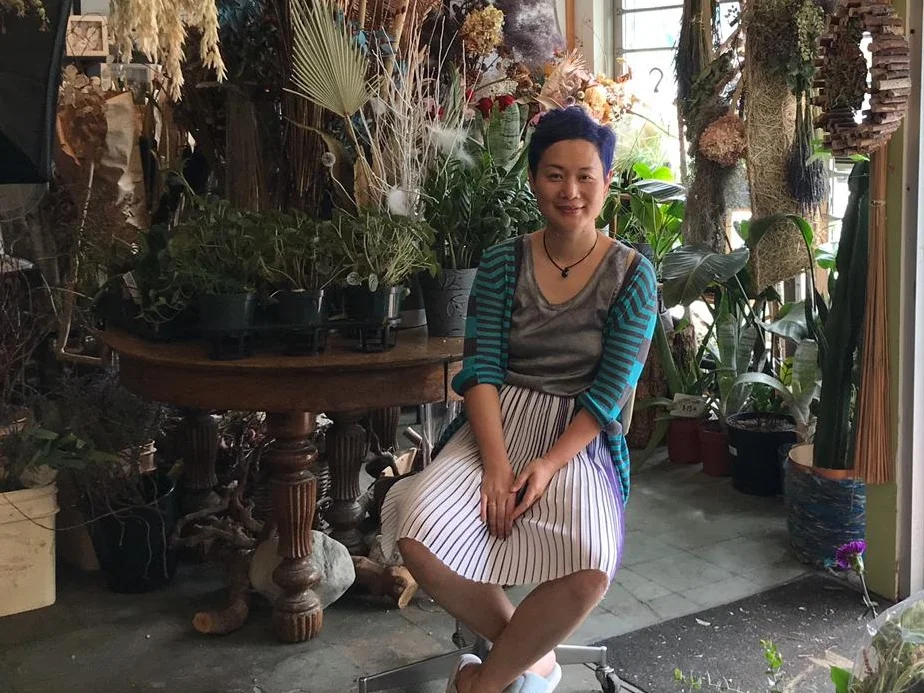




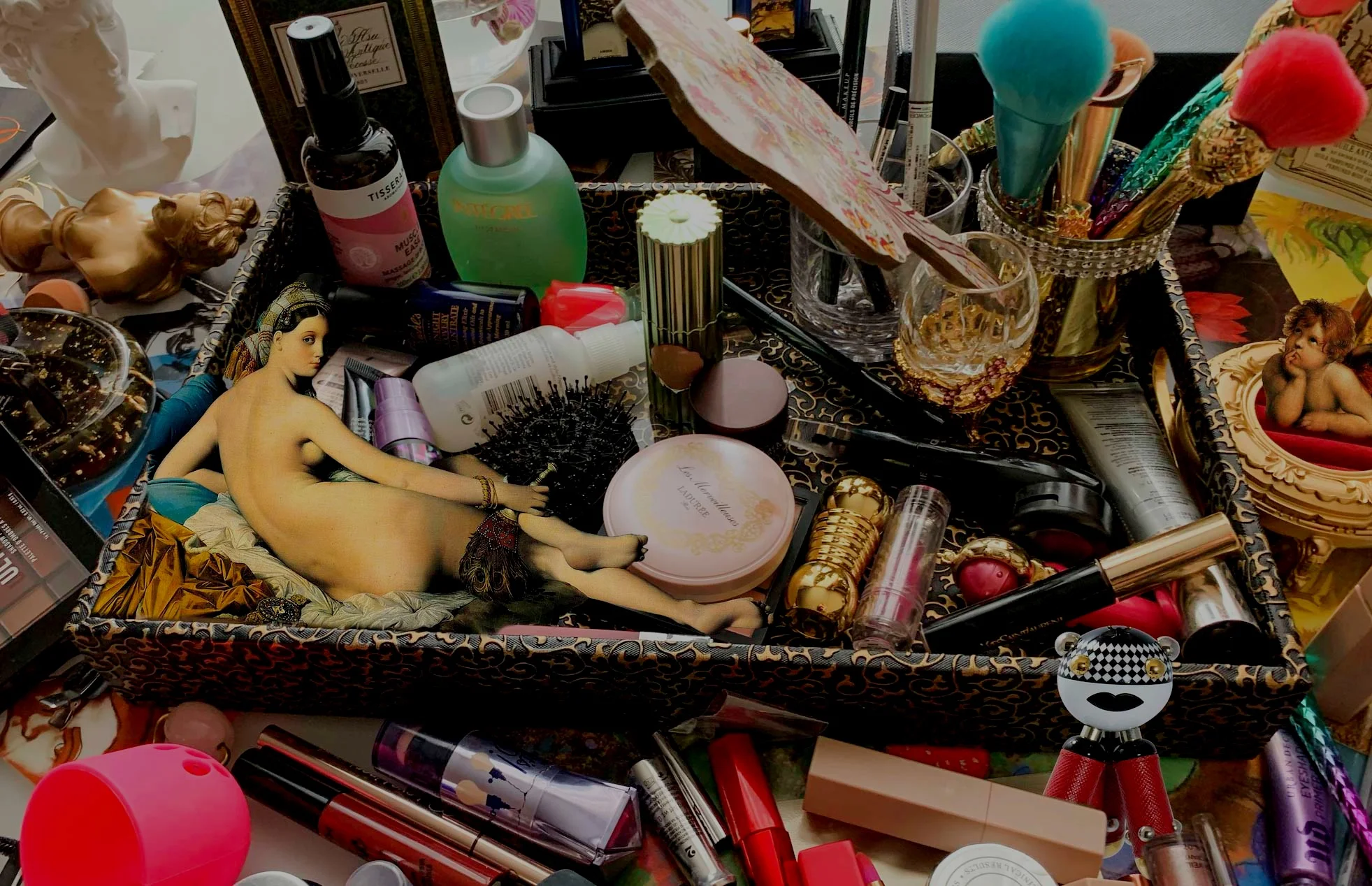





DaisyCode
Our Time on Earth is Short. Spend Your Energy on What Matters Most! Take the Beautiful Convenience of Fresh, Clean and Hydrated Hands Wherever You Go.